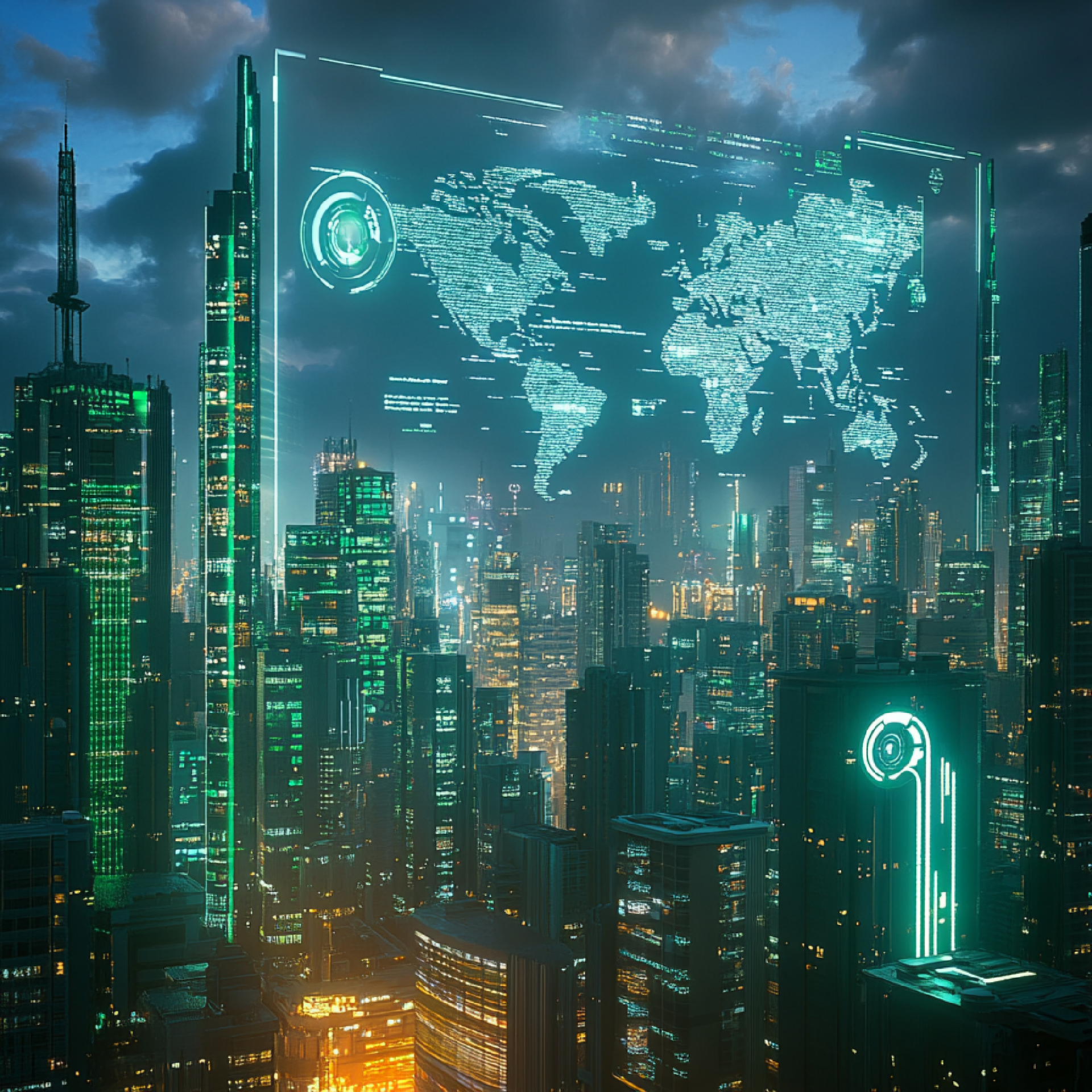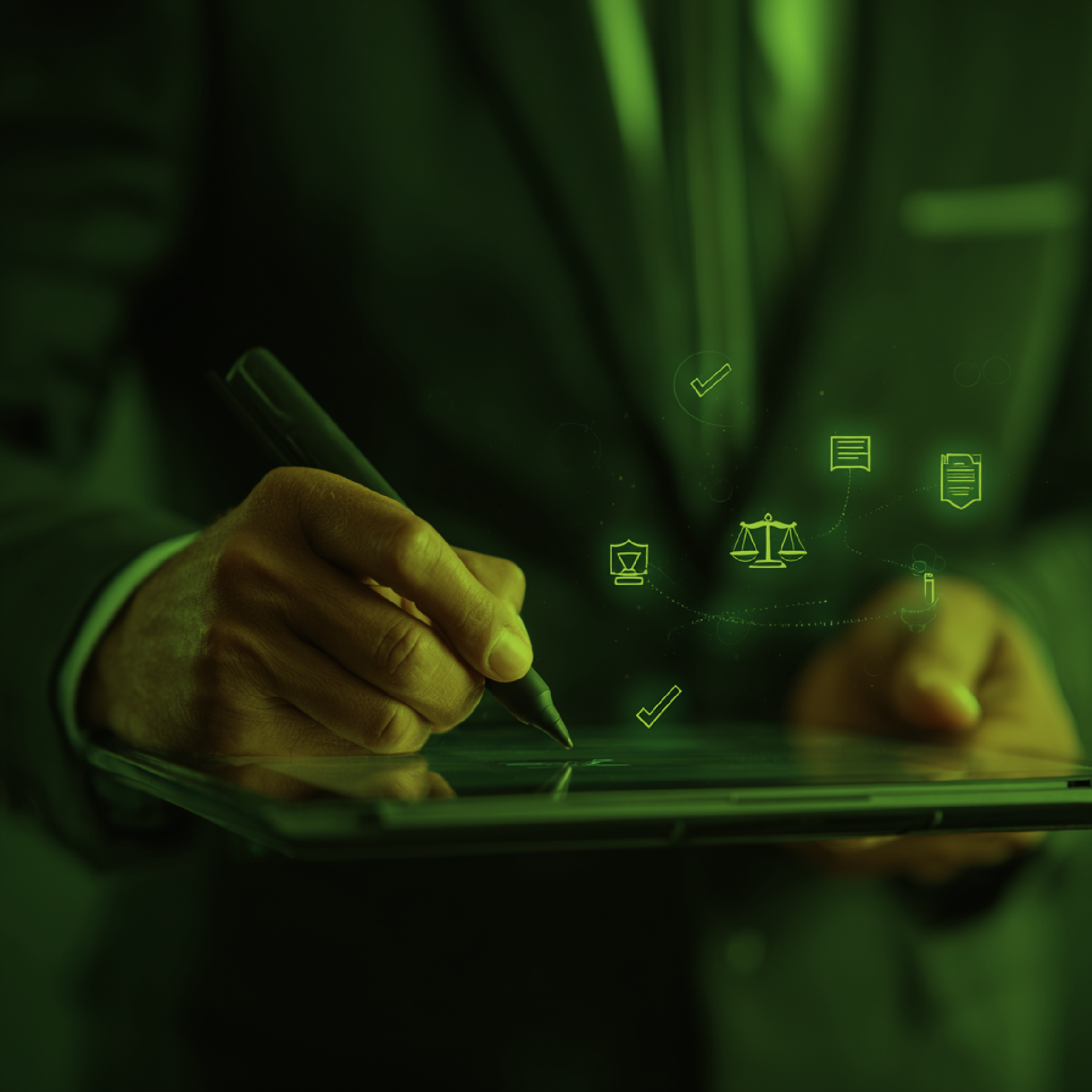
Business Technology Trends 2025
As we step into 2025, the business landscape continues to be reshaped by rapid technological advancements. Companies that embrace innovation will not only stay competitive but also thrive in an increasingly digital-first world. Here are some key business technology trends that will define 2025 and how businesses can leverage them for success.
AI-Powered Business Intelligence
Artificial Intelligence (AI) has evolved from a supplementary tool to a central force in business decision-making. In 2025, AI-powered business intelligence tools will offer deeper insights, predictive analytics, and automation that will redefine strategic planning. Businesses will leverage AI-driven data processing to make real-time decisions, anticipate market trends, and optimize operations. AI’s capabilities in natural language processing (NLP) will also enable companies to analyze consumer sentiment more accurately, enhancing customer engagement strategies.
Quantum Computing: Unlocking New Possibilities
Quantum computing, once a theoretical marvel, is expected to make significant strides in 2025. With major tech firms and startups investing in quantum research, businesses will start exploring its potential for complex problem-solving. Industries such as finance, healthcare, and logistics will benefit from quantum computing’s ability to process massive datasets at unprecedented speeds, leading to breakthroughs in risk assessment, drug discovery, and supply chain optimization.
The Expansion of the Industrial Metaverse
While the consumer-focused Metaverse has faced challenges, the industrial Metaverse is gaining momentum. In 2025, businesses will increasingly adopt virtual and augmented reality (VR/AR) for digital twins, remote collaboration, and immersive training programs. Manufacturers, engineers, and architects will use these technologies to simulate real-world conditions, optimize production processes, and enhance workforce training with hyper-realistic scenarios.
AI-Powered Hyperautomation
Hyperautomation—the combination of AI, machine learning, robotic process automation (RPA), and other technologies—will continue to revolutionize workflows. In 2025, businesses will push the boundaries of hyperautomation, eliminating bottlenecks and streamlining operations across departments. Automated decision-making, enhanced customer service chatbots, and self-learning algorithms will minimize manual intervention, allowing teams to focus on innovation and strategic initiatives.
Green Tech and Sustainable Innovation
Sustainability is no longer an afterthought; it’s a business imperative. In 2025, companies will prioritize green technologies such as AI-driven energy management, carbon capture solutions, and circular economy practices. Advances in battery technology and renewable energy will drive corporate sustainability initiatives, while governments worldwide will introduce stricter environmental regulations that push businesses toward eco-friendly innovation.
Cybersecurity in the Age of AI Threats
As AI becomes more sophisticated, so do cyber threats. In 2025, businesses must invest in AI-driven cybersecurity solutions to combat evolving cyber risks. Zero-trust architecture, blockchain-based security, and AI-powered threat detection will be critical to protecting sensitive data. Cyber resilience will become a key priority, with businesses implementing proactive strategies to defend against AI-generated phishing attacks, deepfake fraud, and supply chain vulnerabilities.
5G-Enabled Smart Infrastructure
The widespread adoption of 5G technology will revolutionize business connectivity in 2025. With ultra-fast speeds and minimal latency, 5G will power smart cities, autonomous vehicles, and IoT-driven industries. Businesses will leverage 5G for real-time communication, enhanced automation, and seamless remote operations. From manufacturing plants using IoT sensors for predictive maintenance to retailers providing augmented reality shopping experiences, the impact of 5G will be transformative.
Human-Centric AI and Ethical Tech
As AI becomes more embedded in everyday business operations, ethical considerations will take center stage. Companies will prioritize transparency, fairness, and human oversight in AI applications. AI governance frameworks will be implemented to ensure responsible AI usage, minimizing bias and preventing unethical practices. Human-AI collaboration will also be a focal point, with businesses designing AI systems that enhance human productivity rather than replace jobs.
Decentralized Finance (DeFi) and Digital Currencies
The financial industry will continue its digital transformation in 2025, with decentralized finance (DeFi) and central bank digital currencies (CBDCs) gaining traction. Businesses will explore blockchain-based smart contracts for secure transactions, while digital wallets will become the norm for B2B and B2C payments. Traditional banks will adapt by integrating DeFi services, offering seamless and low-cost financial solutions.
Personalized Customer Experiences with AI-Driven Marketing
Marketing in 2025 will be driven by AI’s ability to deliver hyper-personalized experiences. Businesses will use AI-powered analytics to understand customer preferences, predict behaviors, and tailor marketing campaigns in real time. From AI-generated content to dynamic pricing models, brands will enhance engagement by offering highly relevant and customized interactions.
Conclusion
The technological landscape in 2025 presents vast opportunities for businesses willing to embrace change. AI-powered intelligence, quantum computing, hyperautomation, and sustainability will shape the future of work, commerce, and innovation. By staying ahead of these trends and integrating forward-thinking technologies, businesses can future-proof their operations and gain a competitive advantage in the digital era.

